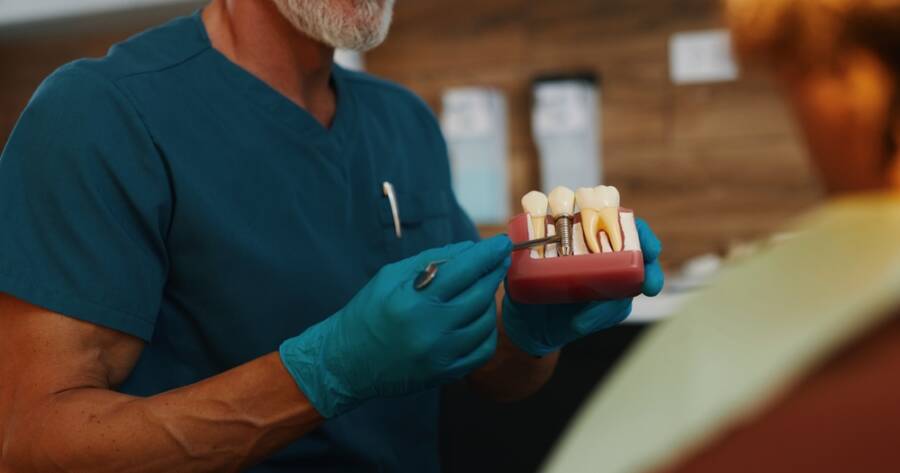Dental implant trials are revolutionizing dental care by enhancing patient outcomes, advancing innovative techniques, and establishing new standards for implant success. With impressive survival rates and groundbreaking research on biomaterials and patient factors, implant trials are vital for future advancements in dental health. Understand the intricacies of transformative studies that shape modern implantology.
Understanding Dental Implant Trials
Dental implant trials have emerged as a pivotal realm of research and development in dentistry. Through these trials, researchers and clinicians aim to develop innovative strategies that enhance patient outcomes, improve procedural efficiencies, and solidify the reliability of implant systems.
Notably, international studies have highlighted the exceptional performance of Straumann Bone Level implants. These implants boast a survival rate exceeding 98%, having been tested across multiple geographies including the United States, Europe, and Australia.
The Role of Clinical Trials in Advancing Dental Health
Innovative clinical trials are at the forefront of translating research into practical advancements in dental care. For example, the College of Dental Medicine is spearheading various studies that break new ground in treatment methodologies.
These trials not only enhance patient care but also forge a pathway for new protocols and techniques in dental health, such as volumetric changes after immediate implant placement, aiming at improving tissue outcomes.
Evaluating New Materials and Techniques
The exploration of new biomaterials and their efficacy continues to be a focus area in contemporary trials.
Notably, a study is underway to compare bone-implant contact using synthetic Hydroxylapatite versus deproteinized bovine bone post-sinus augmentation. This research seeks to shed light on bone formation and remodeling processes vital for sinus augmentation procedures.
Understanding Patient-Specific Factors
Each dental implant procedure is unique to the patient, influenced by various anatomical and lifestyle factors. A crucial aspect that remains consistently studied in these trials is the comprehensive evaluation of patient profiles.
For instance, studies focusing on bone and gum dimension changes around implants have been pivotal in understanding how different placement positions and patient-specific factors impact implant success rates over extended periods. This research helps shape personalized treatment plans tailored to individual needs.
Challenges and Outcomes in Dental Implant Trials
Alongside the advancements, dental implant trials also navigate a maze of challenges such as varying patient responses, material properties, and the potential for complications. To address these, a registry for tracking dental implant complications has been established. This allows researchers to document and analyze complication rates and therapy outcomes, ultimately catalyzing the development of improved diagnostic and treatment strategies.
Incorporating Digital Dentistry into Implant Trials
Recent trials have also begun incorporating digital dentistry technologies, such as intraoral scanning and computer-aided design/computer-aided manufacturing (CAD/CAM), to improve the precision of implant placement and prosthetic fabrication.
By integrating these tools into the research framework, clinicians can assess how digital workflows influence surgical accuracy, prosthetic fit, and overall patient satisfaction. Early findings suggest that these technologies not only streamline treatment timelines but also reduce the margin for error, ultimately contributing to higher long-term success rates for dental implants.
Learn More About Dental Implant Trials
Dental implant trials continue to serve as a cornerstone for the advancement of oral healthcare, showcasing the potential to transform patient outcomes globally. From studying survival rates to evaluating new materials and patient-specific factors, the ongoing research underpins the steadfast commitment of the dental community to enhance procedural efficacy and patient satisfaction.
These trials not only reveal innovative solutions and materials but also offer critical insights into the complexities of dental implantology, providing robust evidence that informs both present and future dental practices.

